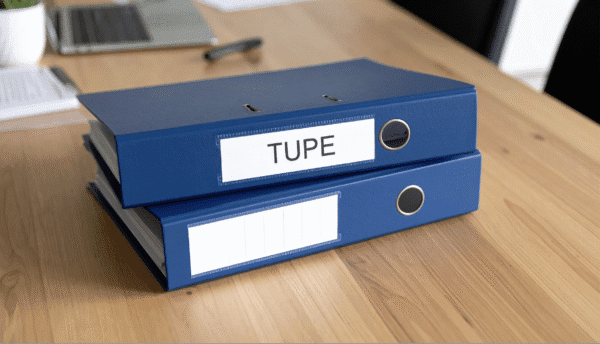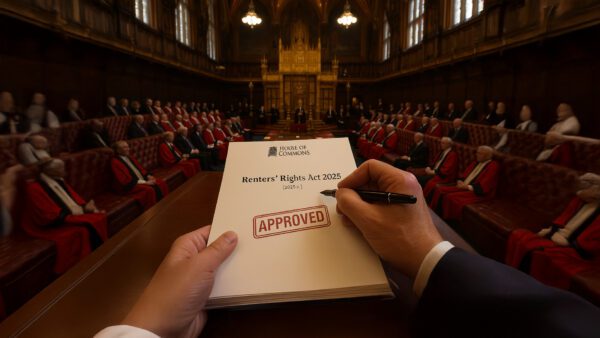It is imperative that Hong Kongers seeking to relocate or invest in the UK ensure that they have a clear understanding of the UK tax system and seek pre-arrival tax planning advice. Income tax rates are generally much higher in the UK than in Hong Kong, and the UK also levies tax on capital gains and inheritance.
However, depending on eligibility, the UK permits non-UK individuals to benefit from a favourable tax regime while resident in the UK.
The UK’s tax system for individuals hinges on two crucial concepts: residence and domicile. These factors determine an individual’s liability to UK taxes, and they are distinct from immigration status.

Residence
An individual’s UK tax residency status is determined by the UK’s Statutory Residence Test, taking into account factors such as:
- The number of days spent in the UK
- Ownership of a home in the UK
- Employment inside or outside the UK
- Presence of UK-resident close family members
- Previous days spent in the UK in prior tax years
Non-resident individuals generally face limited UK tax liability, primarily related to UK-source income, such as earnings from UK properties, as well as capital gains on specific categories of assets.
Becoming a UK tax resident significantly expands this tax exposure to a global level; it is, therefore, crucial to plan carefully and far in advance to avoid inadvertently becoming a UK tax resident or becoming a UK tax resident having already put in place measures for UK tax optimisation for your global assets.

Domicile
Domicile, an English common law concept, centres on the place of an individual’s permanent home. A status generally inherited from one’s father at birth, domicile may change if a person relocates to a new jurisdiction with the intention to reside permanently/indefinitely. UK tax rules also deem individuals domiciled in the UK under specific circumstances, notably for long-term residents.
Domicile plays a vital role in UK taxation because:
- Non-UK domiciled individuals who are resident in the UK can claim the remittance basis of taxation for non-UK income and capital gains and
- Non-UK domiciled individuals are subject to inheritance tax only on UK-situated assets and certain offshore assets linked to UK residential property.
With longer-term residents of the UK, there is merit in building up evidence that they have not acquired a domicile of choice in the UK. Nevertheless, the UK tax authorities (His Majesty’s Revenue and Customs) may challenge domicile claims.
As Hong Kongers who relocate to the UK under the BNO visa program do so with the intention to settle in the UK indefinitely, their worldwide income and gains could be brought into the scope of UK taxation, including UK inheritance tax, highlighting the need for such individuals to obtain advice as soon as possible before they intend to come to the UK or shortly after.

Pre-Arrival Planning
Pre-arrival planning aims to arrange assets tax-efficiently in relation to their UK residence, including:
- Segregating accounts and creating a pool of funds for UK use without tax consequences, known as ‘clean capital’;
- Reviewing investments, trusts, and company holdings from a UK tax perspective; and
- Considering the tax benefits of the remittance basis of taxation for the first 15 tax years of UK residence.

The Remittance Basis
By default, UK residents are taxed on worldwide income and capital gains, known as the ‘arising basis’. However, UK resident non-UK domiciled individuals can elect to be taxed on the ‘remittance basis’. This means that such individuals are taxed on UK source income and gains as they arise, but non-UK source income and gains remain untaxed, unless remitted or brought back to the UK.
Under current rules, the remittance basis can be claimed for no charge during the first seven out of nine years of UK residence, making the UK an attractive destination in comparison to other jurisdictions. After this time, a charge applies, starting at £30,000 and increasing to £60,000. The remittance basis cannot be claimed after 15 out of 20 years of residence.

Property
For most individuals moving to the UK, purchasing a family home is a significant investment. Tax implications, as well as funding methods, should be carefully considered. Stamp duty land tax (SDLT) applies to property purchases in England and Northern Ireland, with higher rates for non-UK residents and additional rates applying for those who already own property worldwide. Seeking advice is crucial to navigating SDLT and other potential taxes related to property acquisition.
Conclusion
Relocating to the UK is a monumental decision with potentially far-reaching tax implications. The UK’s favourable tax regime, especially for non-UK domiciled individuals, presents a wealth of opportunities.
However, to ensure the most favourable tax outcomes, it is essential to seek expert advice and plan strategically, both before and after arriving in the UK. Whether you are considering the BNO visa route or other immigration options, understanding and optimising your tax position can significantly enhance your financial prospects in the UK.
To discuss any of the points raised in this article, please contact Ben Rosen or fill out the form below.









